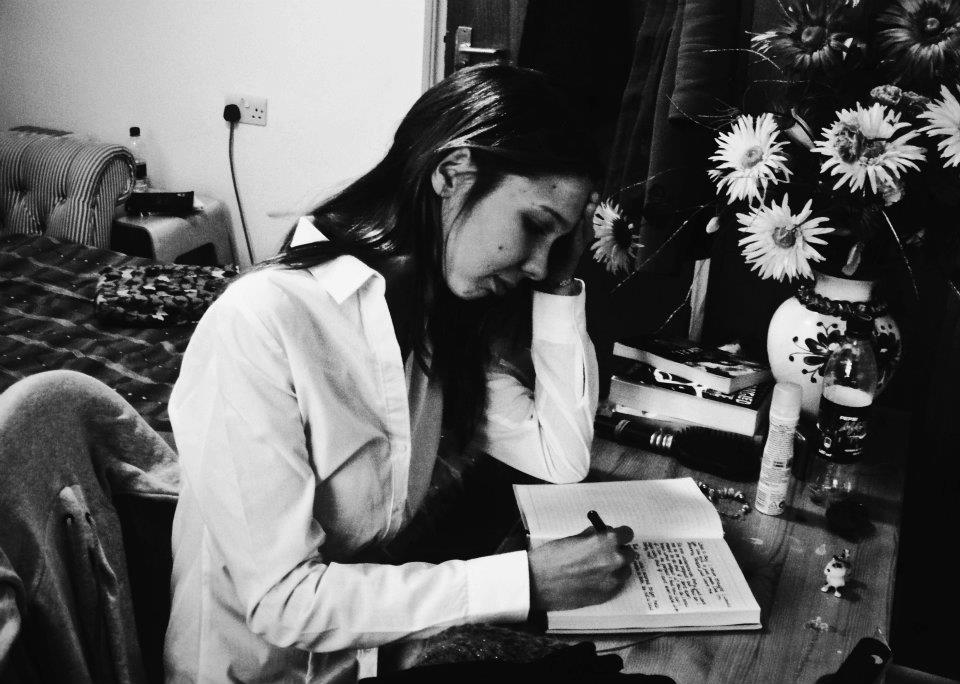This evening the charity YoungMinds hosts its annual debate in London on the controversial topic of whether our target driven schools system is damaging children’s wellbeing. The charity aims to improve the mental health and emotional well-being of children and young people.
The discussion will be chaired by the BBC’s Home Editor, Mark Easton with panellists including Fiona Millar, journalist and education campaigner, Matthew Taylor, chief executive of the Royal Society of Arts, Karen Robinson, head of education and equality at the National Union of Teachers, Ian Morris, Head of Wellbeing at Wellington College and Adele Eastman, senior policy specialist at the Centre for Social Justice.
After what promises to be a controversial debate, the event will conclude with a short film made by young people who are part of the Very Important Kids (VIK) participation group – of which I am a member – on this subject and the stigma faced by young people with mental health difficulties.

The film to be shown tells the story of a schoolgirl called Jessie who, though having no diagnosed mental illness is experiencing a great deal of emotional distress and finding it increasingly difficult to cope with the amount of stress she is under, especially with exams looming and pressure from school and family to perform well. Every year around exam time we hear of the stress young people are being placed under to achieve top grades, sometimes to the detriment of their mental health. Our film hopes to shine a light on this issue, promote debate and emphasise the importance of good emotional wellbeing to prevent future mental health difficulties.

Acted, directed and produced by members of the VIK group we aim to produce a trilogy of films centred on the theme of young people’s mental health, ranging from emotional problems to more severe forms of mental illness. The message we endeavour to get across is that every one of us is susceptible to mental health difficulties; we all exist on a continuum from happiness, to sadness, to an inability to cope and then mental illness.
Mental health is not simply an affliction of the few but something one in four of us can expect to experience in our lifetime. Because of this understanding how to take care of your emotional wellbeing and building resilience from a young age is vital and another theme which will be interweaved through the trilogy.
Having mental health difficulties from a young age can bring with it its own stigma. Young people can feel stigmatised against in society anyway, for a whole host of reasons and when you add on to that the stigma of having a mental health problem it can be really difficult to trust anyone enough to talk to them about what you are experiencing, or even find someone willing to listen and empathise.
All the young people involved in making this film have experience of mental health difficulties and the desire to challenge old ideas about mental health is something we feel passionately about. Demystifying what it’s like to be a young person with mental health difficulties can go a long way to tackling stigma and educating future generations that mental health isn’t just about mental illness and definitely not something to be afraid of.
* This evening we will also celebrate the launch of a new project, YoungMinds in Schools, to improve the emotional wellbeing of children and young people in school. The programme aims to improve outcomes for children and young people with behavioural, emotional and social difficulties by bringing together professionals, parents, children and young people to create a comprehensive suite of learning resources.
The project seeks to maximise the potential to positively influence the emotional wellbeing and mental health of the whole school community, adults and children, as well as addressing the specific needs of pupils identified as having behavioural, emotional and social difficulties (BESDs).
The programme will work collaboratively with clusters of primary and secondary schools and the services that link to those schools, providing training and consultancy support to schools and gathering the views of professionals, parents and pupils to shape innovative resources. YoungMinds has received two years funding from the Department for Education (DfE) through its Special Educational Needs and Disability (SEND) programme for the YoungMinds in Schools project.
